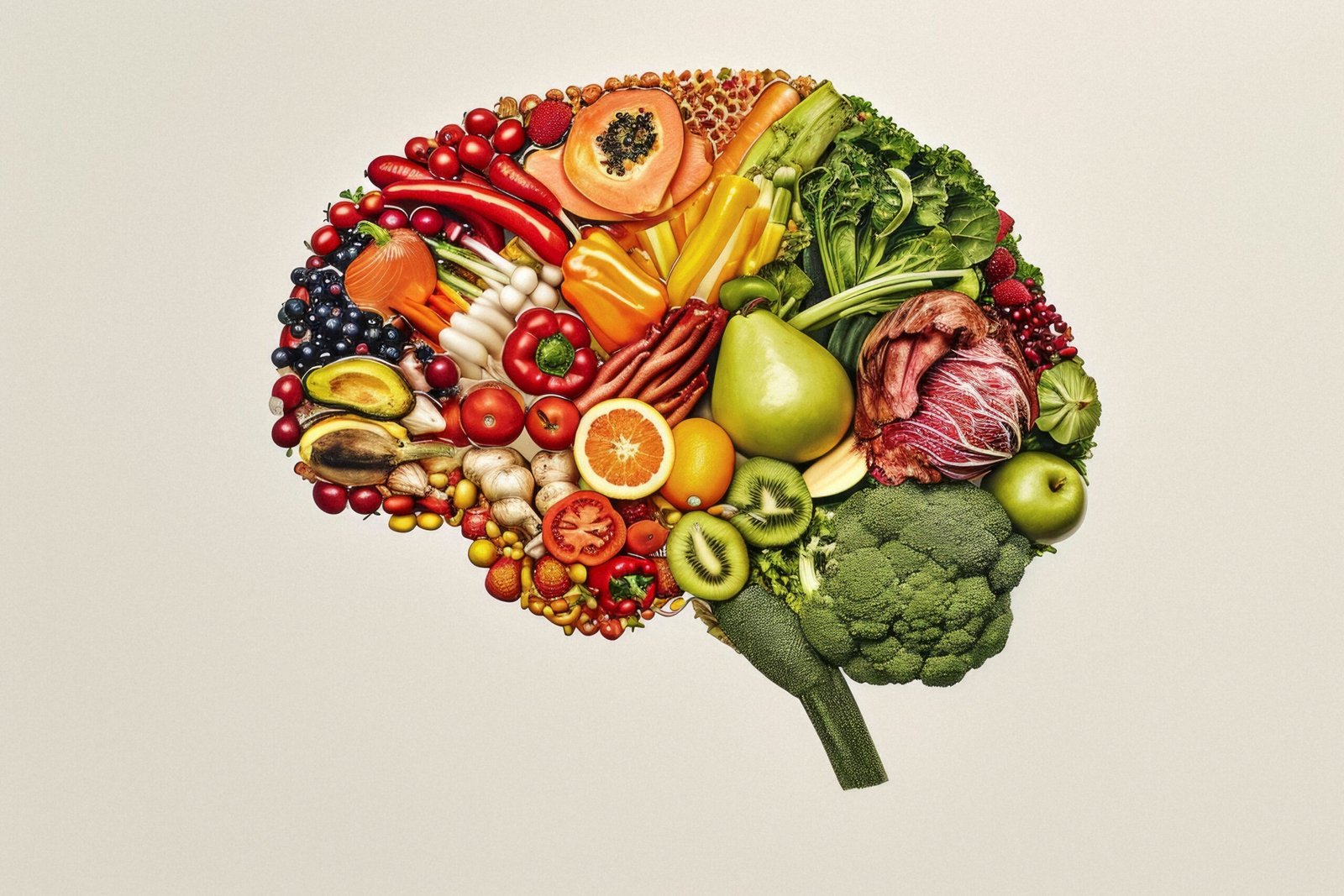Ultra-Processed Foods: The Hidden Addiction Comparable to Smoking
A recent study published in The BMJ has stirred the health community by suggesting that ultra-processed foods might be as addictive as smoking. High in refined carbohydrates and fats, these foods can induce changes in the brain similar to those caused by addictive substances such as nicotine. This revelation demands a closer examination of how these foods affect our health and the potential need for stricter regulations to curb their consumption.
The Addictive Nature of Ultra-Processed Foods
The addictive qualities of ultra-processed foods can be attributed to their high levels of refined carbohydrates and fats. These substances cause biochemical changes in the brain that mimic the effects of addictive drugs. According to the study, the Yale Food Addiction Scale, which assesses food addiction, found that approximately 14% of adults and 12% of children meet the criteria for food addiction. These figures are alarmingly comparable to addiction rates for alcohol and tobacco.
Ultra-processed foods deliver these addictive components to the brain rapidly, similar to how a cigarette delivers nicotine. This speed enhances their addictive potential, making it difficult for individuals to control their consumption. Foods high in refined carbohydrates or fats, like sweets and salty snacks, evoke high levels of dopamine in the brain’s striatum, comparable to those seen with substances like nicotine and alcohol.
Health Impacts and Regulatory Needs
The health implications of ultra-processed food addiction are profound. People who consume these foods compulsively are at higher risk of developing obesity, binge eating disorders, and other health complications. The study indicates that individuals with obesity undergoing bariatric surgery show a 32% prevalence of food addiction, while more than 50% of those with binge eating disorders exhibit addiction to these foods.
Dr. Sue Inonog, a primary care physician, highlights that ultra-processed foods are often the most accessible and affordable options, especially for disadvantaged groups. This accessibility contributes to their widespread consumption and the associated health risks. Inonog emphasizes the importance of understanding how these foods affect our neural circuitry, which can lead to substance use disorders.
The economic incentives for food companies to produce addictive foods further complicate the issue. These companies are aware of the addictive properties of their products and exploit them for profit, as noted by dietitian Carlos Fragoso. This scenario is akin to the strategies used by tobacco companies to keep consumers hooked.
Addressing the Crisis
Given the addictive nature of ultra-processed foods and their significant health impacts, comprehensive policy reforms are necessary. Registered dietitian Kelsey Costa advocates for recognizing food addiction as a clinical diagnosis, which would stimulate further research and potentially lead to reclassifying ultra-processed foods as addictive substances. This reclassification could prompt stricter regulatory measures, similar to those applied to tobacco and alcohol.
To combat this addiction crisis, it is crucial to make healthier food alternatives more affordable and accessible. This approach includes addressing the socio-economic and structural factors that contribute to the pervasive consumption of ultra-processed foods. Public health initiatives should focus on educating consumers about the risks associated with these foods and promoting dietary patterns that favor whole, minimally processed foods.
Conclusion
The revelation that ultra-processed foods can be as addictive as smoking calls for urgent action. As we continue to understand the mechanisms behind this addiction, it is imperative to implement policies that protect public health. By recognizing the addictive potential of these foods and regulating their consumption, we can address the obesity crisis and improve overall health outcomes.
Stay informed about the latest health insights by subscribing to our newsletter. Together, we can navigate the complexities of modern nutrition and promote a healthier future.





